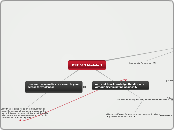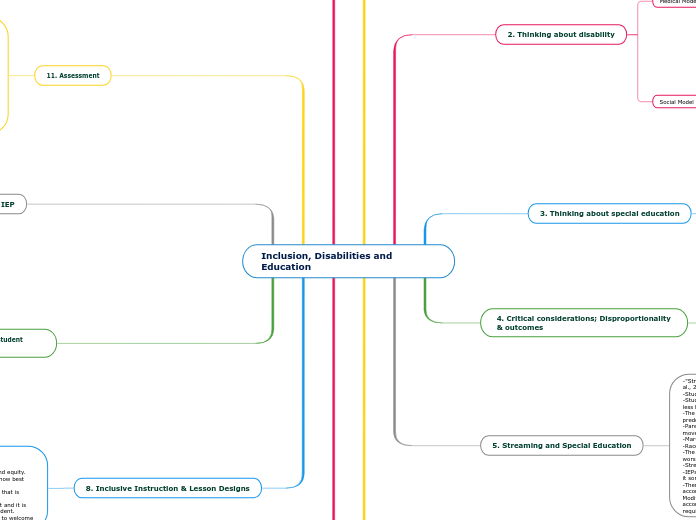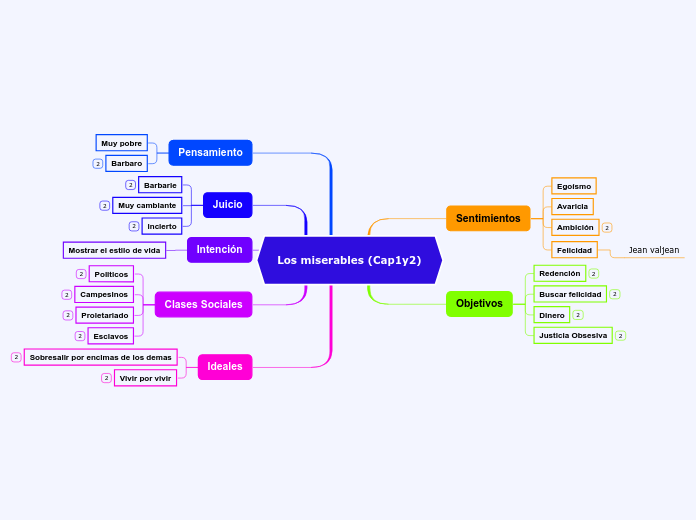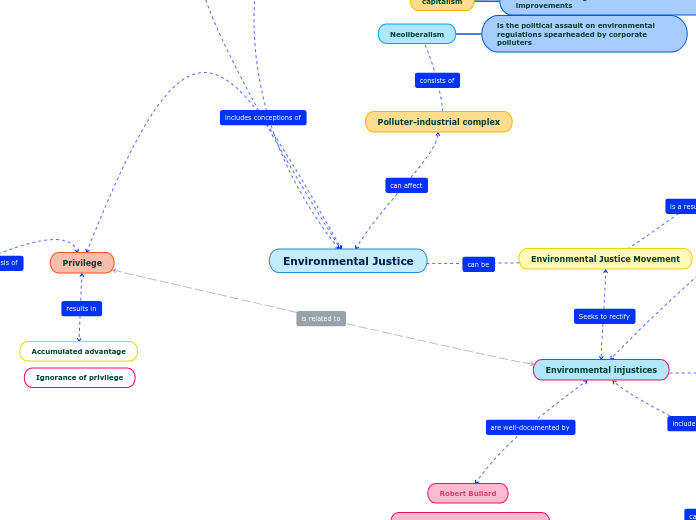DST 613 Module 1
The background theory
The practice is shaped by the theory
Theory is an attempt to make sense of what is happening and look 4 patterns
used best as a guide
premise 2: how change takes place
premise 1: our values create our worldview
Fisher: 4 perspectives
1. reactionary: our values create change V
2. conservative that maintain the status quo
3 marxism
4. feminism
in order to balance these, it's important to create a balanced practice that creates best change?
marxisism = oppression of the poor
Feminist perspective has made most grounds: took that women were oppressed, women looked @ traditional weaknesses & modified these to work better
Community Organizing
search for social power, bringing people together 2 deal with a problem they all face and increase their say in decisions what affects them
What is impt:
1. social power v perceived helplessness
2. personal development by helping yourself
3. capacity 4 democracy: shping decisions that affect their lives as a whole
Outcome - lasting social change
We need to acknowledge the difference without discriminating against it.
we need to look @ disability as one part of whe whole
We are pushing for an understanding of how ableism affects all of our movements for justice. We are drawing connections between ableism and other systems of oppression and violent institutions. We are pushing for a more nuanced and fierce interrogation of the medical industrial complex and understandings of health, wellness and healing that aren’t rooted in ableist notions of bodies and what is considered “normal.”
We are trying to understand how we can build organizing and community spaces that are mixed-ability, cultivating solidarity between people with different disabilities. We are working to move together, as disabled people, through a world that wants to divide us and keep us separate.
Ableism is different for everyone, and indersectionality is rarly looked at: ie blind and fat!
How our communities can move beyond access to wholeness
3.
People usually think of disability as an individual flaw or problem, rather than as something partly created by the world we live in. It is rare that people think about disability as a political experience or as encompassing a community full of rich histories, cultures and legacies
Towards Interdependcy: it has to be about justice not just inclusion, to move away from the "I am more like you than different, to love me for who I am" "Just because disabled people are in the room doesn’t mean there is no ableism (a set of beliefs that favors non-disabled people) or that people won’t pretend we’re invisible
Subtopic









